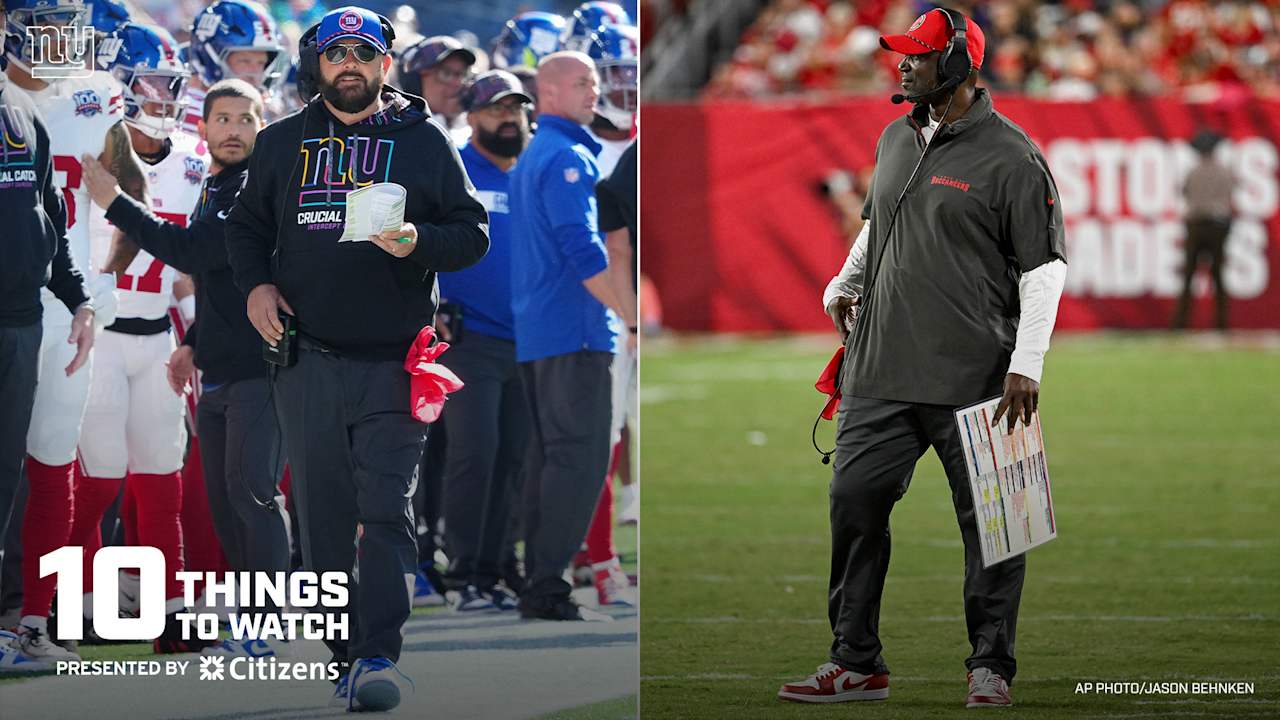Sports
Exclusive | Paris Olympics admitted opening ceremony drag show was based on ‘Last Supper’ — then tried to walk it back

A Paris 2024 Olympics spokesperson admitted the controversial drag show version of “The Last Supper” seen in Friday’s opening ceremony was indeed inspired by the iconic da Vinci mural — despite attempting to vehemently deny it following fierce backlash.
“Thomas Jolly took inspiration from Leonardo da Vinci’s famous painting to create the setting,” an Olympics spokesperson admitted to The Post in a statement on Saturday, referring to the opening ceremony creative director.
“He is not the first artist to make a reference to what is a world-famous work of art. From Andy Warhol to ‘The Simpsons,’ many have done it before him,” the statement continued.
The stunning admission came after the Paris Olympics already tried to deny it was inspired by the iconic Christian mural, claiming on X on Friday that it was just a misunderstanding.
The reps insisted Jolly wasn’t parodying the world-famous artwork featuring Jesus and the 12 apostles — but actually paying homage to Greek mythology and the Feast of Dionysus.
But as the fallout continued to intensify, the spokesperson reached out to The Post with an “updated statement” Monday, featuring “explanations” from Jolly himself — and which notably made no mention of “The Last Supper” or da Vinci.
The convenient, newly offered explanation is that the segment “depicts a great paean feast in which the gods of Olympus take part. In the foreground is the god of wine — father of Sequana, goddess of the Seine — portrayed in a comic way by the singer Philippe Katherine,” referring to the moment a nearly naked man painted blue from head to toe is “served” on an oversize platter on the table in front of the performers.
The segment featured 17 performers — including three familiar “Drag Race France” competitors — in varying states of undress posed behind what appears to be a long table.
The motley group flanked French DJ Barbara Butch on either side — with the LGBT activist sporting a halo-like headpiece.
2024 PARIS OLYMPICS
Many Christians felt the flamboyant tableaux was blasphemous and deliberately meant to belittle their religion, including former President Donald Trump, who called the spectacle “a disgrace.”
The Bishops’ Conference of France, the country’s organization of Catholic bishops, denounced the performance as “scenes of derision and mockery of Christianity, which we deeply deplore.”
Meanwhile, in yet another explanation, Jolly himself has also claimed that his inspiration for the divisive performance was actually a 17th-century painting titled “The Feast of the Gods” by Dutch artist Jan van Bijlert, which depicts the Greek gods of Olympus crowded around a long table.
On Sunday, despite alternate explanations and denials, opening ceremony Olympic organizers issued an apology for any “offense” the scene caused, saying there was “never an intention to show disrespect to any religious group” and that the intent was to “celebrate community tolerance.”
However, the statement stopped short of acknowledging it was based on the famous da Vinci work.
The widespread anger sparked by the segment has been met with the inevitable counter-backlash in recent days, with the brain trust on “The View” on Monday advising viewers who were offended by the segment to get over it and “just turn the TV off!”
DJ Barbara Butch — the activist performer at the center of the controversy — is even filing complaints over relentless abuse she’s allegedly received online following her widely publicized appearance at the ceremony, her lawyer saying she’s endured “anti-Semitic, homophobic, sexist and grossophobic insults.”










